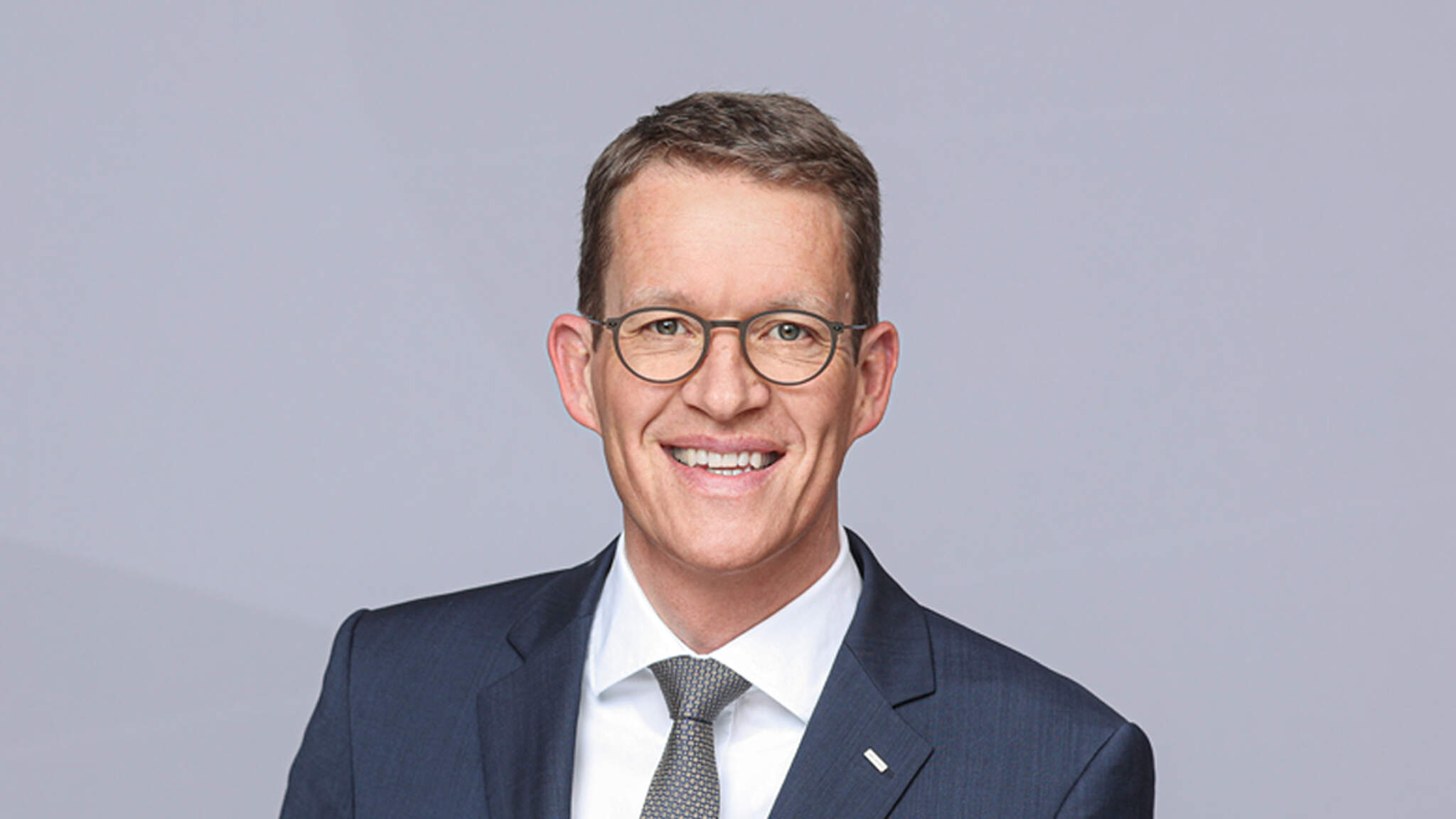Ahead with foresight

The cautious forecasts of economic researchers - the IMF is currently only predicting slow growth of 3.1 percent in the global economy - suggest that global trade will not really get going this year either.
This year, we will focus our efforts on both our operating business and our strategic focus programs: These include expanding and connecting our networks worldwide and further improving them and making them even more efficient through digitalization, climate protection and personnel development. Just some of the highlights in the coming weeks: Our new joint ventures DACHSER & Fercam Italia and DACHSER Japan are launching, we are finalizing the acquisition of Frigoscandia and starting the integration - as this is already successfully the case with Müller Fresh Food Logistics. We are also introducing our award-winning digital twin @ILO at several European branches. And the DACHSER platform will also be fully available to our customers over the course of the year. This will bring together the services of the Road Logistics and Air & Sea Logistics business fields in a user-friendly, modern interface.